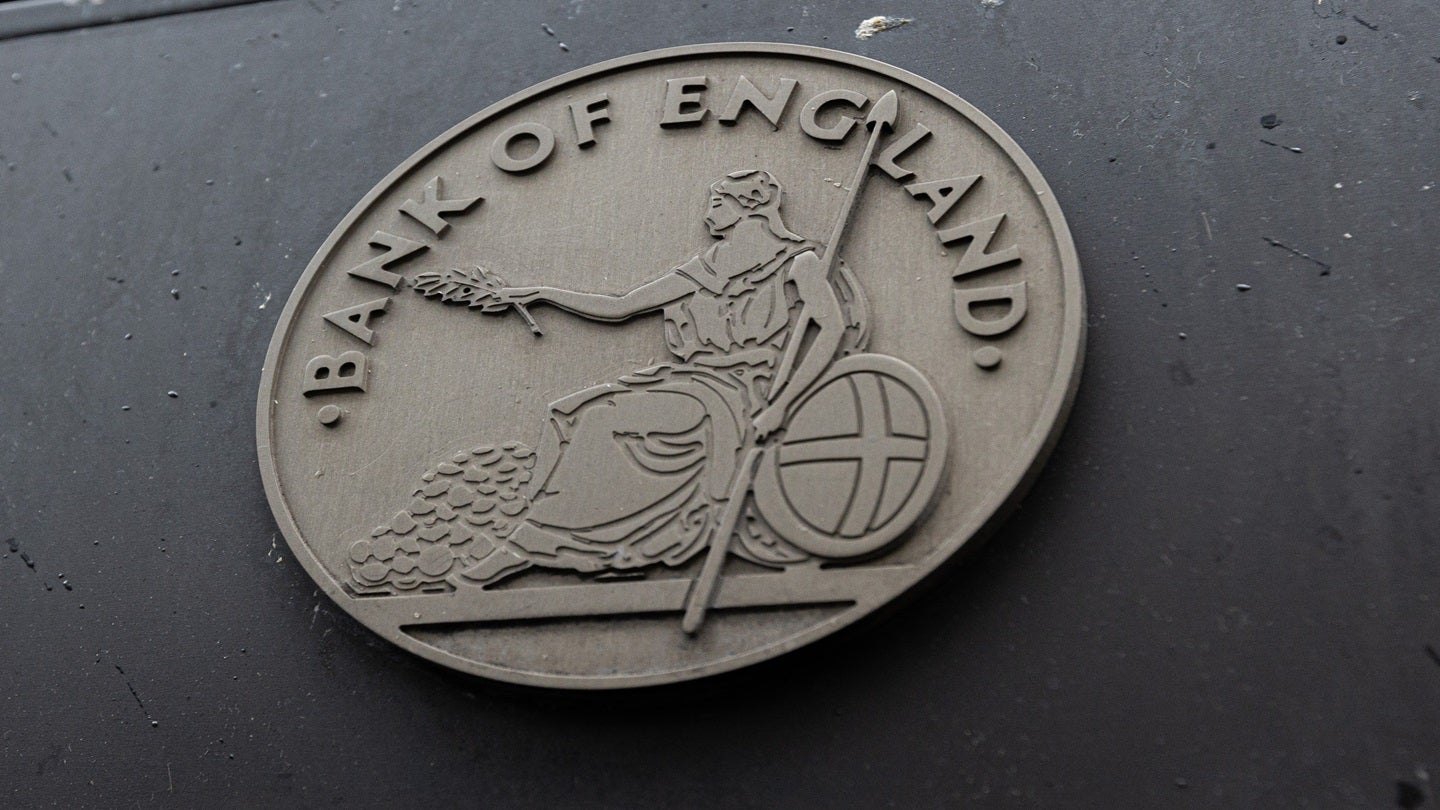
The Prudential Regulation Authority (PRA), part of the Bank of England, has announced updates to its regulatory framework for international banks operating in the UK.
These changes clarify the PRA’s expectations regarding the operations of branches, booking models, and liquidity reporting for these institutions.

Access deeper industry intelligence
Experience unmatched clarity with a single platform that combines unique data, AI, and human expertise.
In a move to adapt to inflationary pressures, the PRA has raised the existing £100m ($133.7m) and £500m ($668.5m) thresholds for Financial Services Compensation Scheme (FSCS)-covered deposits by 30%.
This adjustment is intended to provide international banks with greater capacity to expand their activities within UK branches.
However, the PRA has also introduced a new indicative threshold of £300m ($401m) for total retail and small business instant access deposits.
This measure aims to mitigate the risks associated with increased openness, particularly the potential for contagion. Should deposits exceed this threshold, international banks are generally expected to establish subsidiaries in the UK instead of operating as branches.

US Tariffs are shifting - will you react or anticipate?
Don’t let policy changes catch you off guard. Stay proactive with real-time data and expert analysis.
By GlobalDataThis approach is designed to enhance the PRA’s oversight and influence over these firms, reflecting insights gained from the recent collapse of Silicon Valley Bank.
PRA CEO and Prudential Regulation Deputy Governor Sam Woods said: “These changes will maintain the UK’s very open approach to international banking, while filling a gap we identified in our regime and increasing some thresholds to support competitiveness and growth.”
In July 2024, the PRA issued a policy statement outlining revisions to its supervisory framework for international banks in the UK.
This follows the consultation, which examined the PRA’s supervisory approach to branches and subsidiaries.
The updates aim to strengthen the regulatory framework while ensuring continued access for international banks, acknowledging their importance to the UK economy.
This follows PRA’s proposal to raise the FSCS deposit protection limit from £85,000 ($109,944) to £110,000 ($142,281), aiming to enhance consumer confidence by ensuring deposits are protected in case of a bank, building society, or credit union failure.







